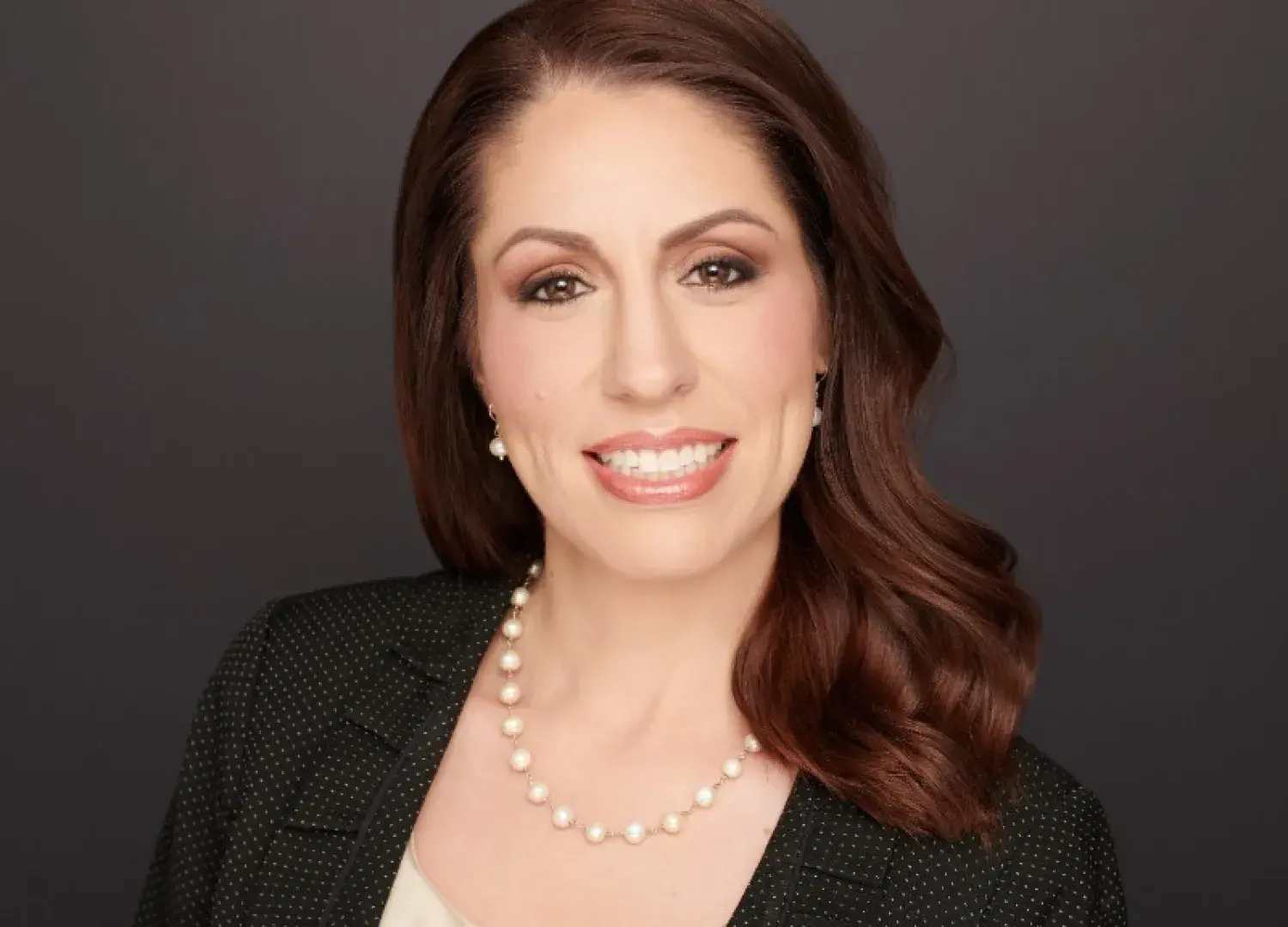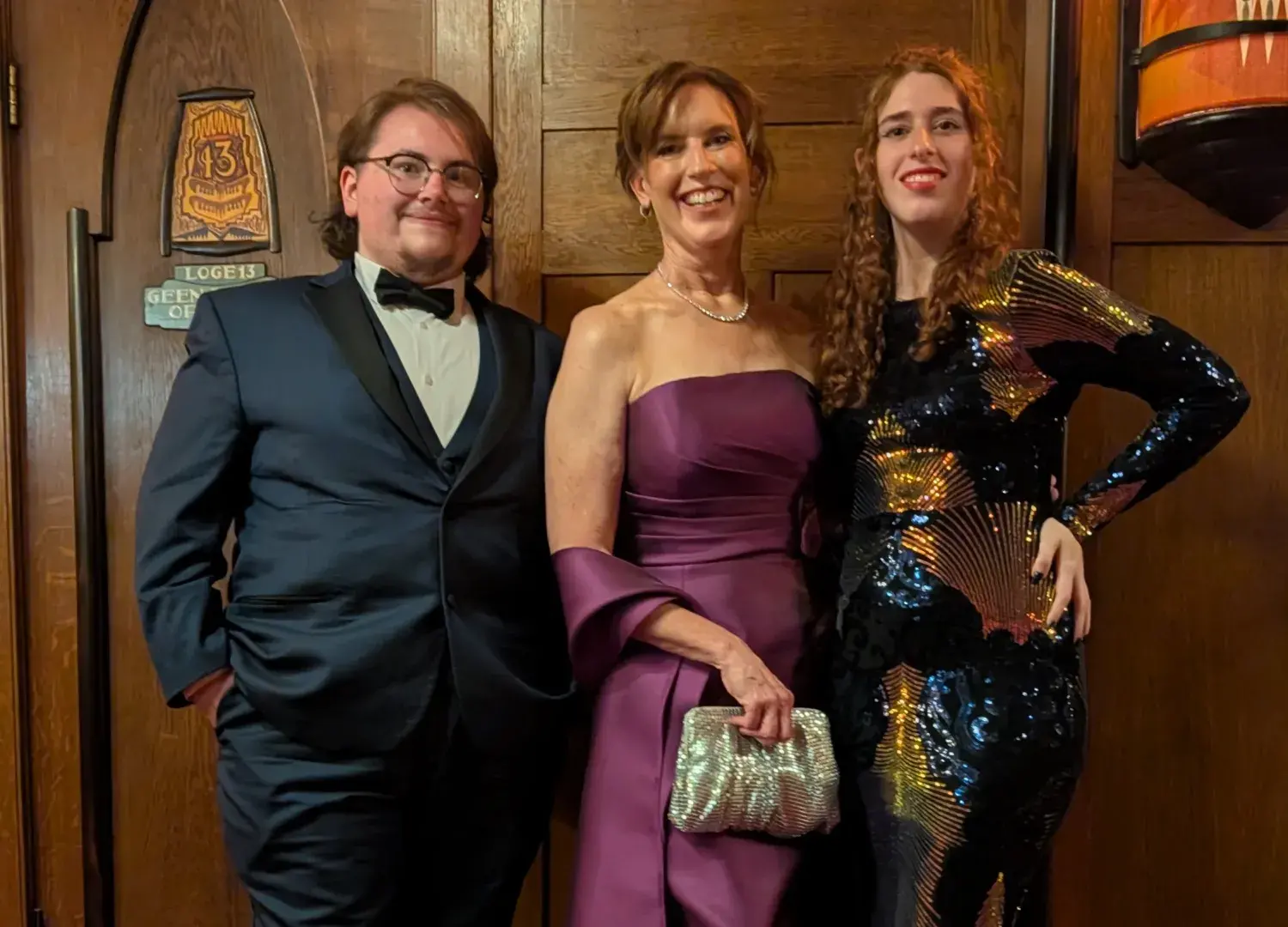Julie Farnam was two days from graduating from Lesley’s Graduate School of Arts and Social Sciences in 2005 when she interviewed with US Citizenship & Immigration Services. She was thrilled to get an offer – especially because, as she puts it, “I didn’t have a Plan B.”
She started that September, with an MA in Intercultural Relations under her belt and a promising career ahead of her. She worked her way up in the agency, moving to the capital region in 2008.
Farnam worked in many different capacities at USCIS, including as Senior Advisor to the Director of Field Operations. In this role, she worked on a lot of high-profile cases during a time when there often weren’t clear immigration policies on how to handle them. She helped define how to move forward as domestic terrorism cases became more of a priority and dealt with the aftermath of many such threats and tragedies, including award-winning work on the Boston Marathon bombing case.
From there, it was a natural transition into intelligence work at the US Department of Homeland Security, where she oversaw the Intelligence Watch at USCIS and the classified vetting of immigration cases with national security concerns. As a single mother of two, when she was going to be furloughed during the pandemic she knew she needed to look elsewhere for work.
That’s when she landed in the Assistant Director of Intelligence position for the United States Capitol Police in the fall of 2020. No one could have predicted what would happen 72 days into her tenure, but Farnam, whose book Domestic Darkness: An Insider’s Account of the January 6 Insurrection and the Future of Right-Wing Extremism is available now, tried to warn of the risks.
Tasked with overhauling the intelligence division of the police force and assessing domestic terror threats, Farnam put her background and expertise to use as the Capitol Police anticipated Joint Session of Congress to certify the Electoral College vote. The publicly available special event analysis Farnam penned, dated January 3, indicated that protests were expected, that protesters may be members of known white supremacist groups, and that some participants had expressed intent to come armed.
Farnam concludes in the analysis that “Congress itself is the target on the 6th."
In the days that followed the insurrection, Farnam became Acting Director of Intelligence for the Capitol Police. She carried on as multiple parties laid blame and pointed fingers, including at her. She watched in dismay as people tried to rewrite the events she had witnessed firsthand. Eventually, she decided she needed to speak out.
Farnam says the first draft of her book was driven by anger at the insurrection, the mishandling of her intelligence, and the lack of accountability being taken for any of it. She still finds it hurtful to look back on the events surrounding January 6 after countless rereads. “Part of me wants to put January 6 behind me and never look back, but then,” she jokes, “I wrote a book about it.”
Ultimately, Farnam is glad she wrote Domestic Darkness. “There’s a concerted effort to change what happened on January 6.” Determined to be as open as possible, including acknowledgment of her own mistakes, she was determined to share her deeply personal experience. “I’m glad I wrote the book and that it will be a voice in the larger story.”
Her book offers answers to questions that many still have about a turning point in American history: what led to it, the groups and belief systems that continue to divide the country, and how to prevent acts of domestic terror in the future. From clearer guidelines about how to collect intelligence on domestic threats, to stiffer penalties for violence at protests and stricter standards for social media platforms, to actively seeking out two-way intelligence sharing with other countries tracking terror threats, Farnam was determined to cap the book off with actionable steps to help guide next steps toward a safer future for everyone.
Farnam may not be with the Capitol Police anymore, but she is busier than ever. She started her own open-source intelligence business recently and serves as its Chief Executive Officer, in addition to promoting the release of her book and raising her kids in Arlington, VA – where she’s now running for a County Board seat.
Though the jump to self-sufficiency was scary, she credits her time at Lesley for helping build a foundation for independence and hard work.

